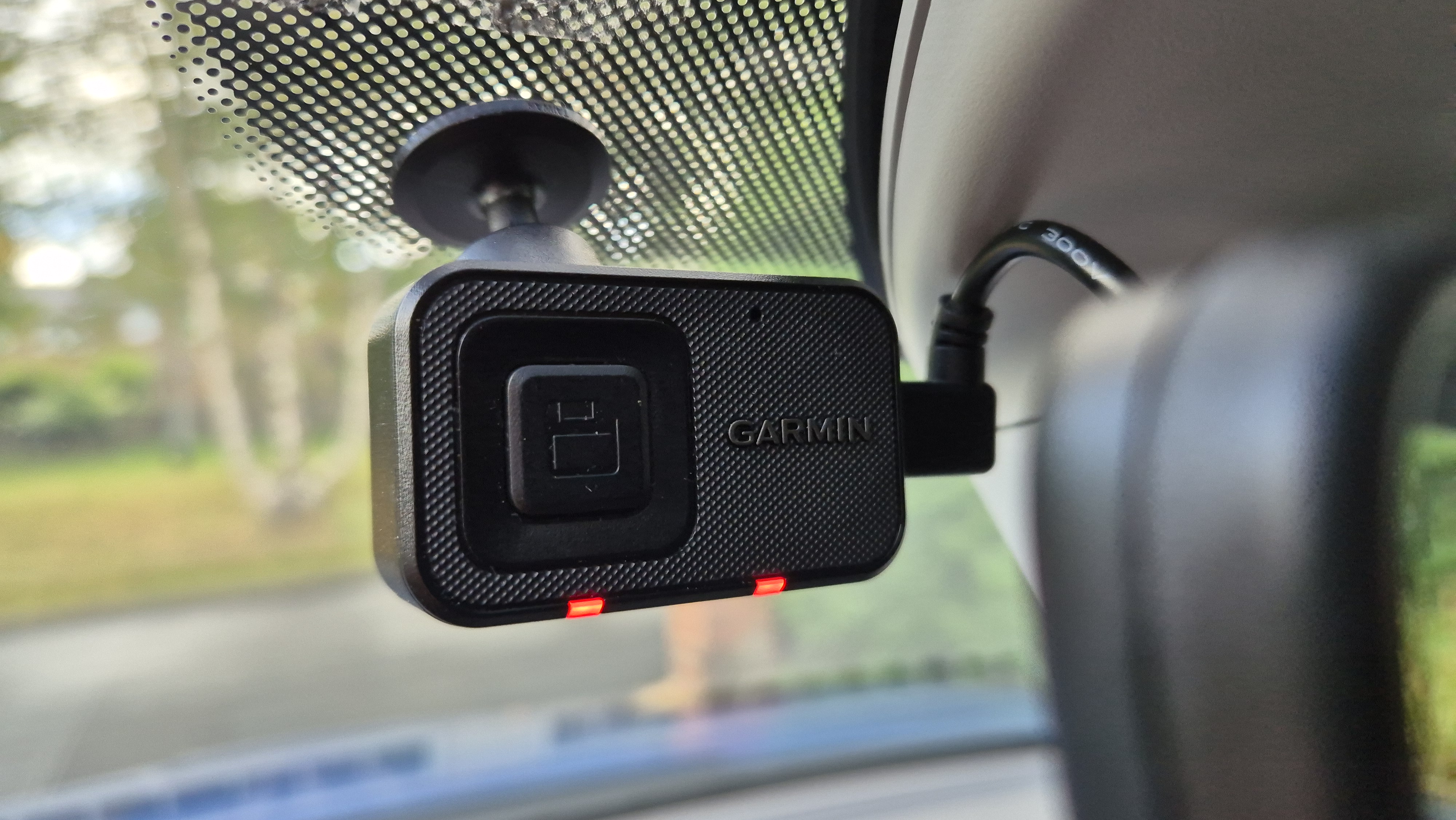FASTag annual pass sees demand, commuters seek wider coverage and inclusion of commercial vehicles
By Darshan Devaiah B.p
Copyright thehindu

The FASTag-based annual pass, rolled out last month, is gaining popularity among motorists, particularly those who travel frequently along highways such as the Bengaluru–Mysuru. Many car owners say the new system has helped cut down their travel costs substantially. At the same time, a growing number of commuters is urging that the scheme be extended to privately-managed toll roads like NICE Road, which witnesses heavy vehicular movement.
Introduced nationwide on August 15, 2025, the FASTag Annual Pass was designed by the Union government to ease the burden of frequent travellers on national highways. Under this scheme, owners of non-commercial vehicles such as cars, jeeps, and vans can purchase an annual pass for ₹3,000. The pass is valid for 200 toll transactions or one year, whichever comes first, and is recognised across all National Highways Authority of India (NHAI) toll plazas.
The pass can be purchased through the Rajmargyatra App or the NHAI website, and once the one-time payment is made, it becomes active within two hours. Officials from NHAI say the scheme has been framed to provide a seamless, cashless, and economical alternative for private motorists, eliminating the need to recharge FASTag balances repeatedly.
Motorists call it game changer
For motorists who often commute long distances, the new system is proving to be a significant cost saver.
Bala Subramanya, a resident of Kengeri, said, “I have been using the FASTag Annual Pass for a few weeks now through the Rajmargyatra App, and honestly, it feels revolutionary for those of us who drive long distances. I paid ₹3,000, and it works across NHAI tolls but not on private roads. The app also provides a route map that shows which toll plazas are included,” he explained.
Sharing his experience, he said, “I recently drove from Kochi to Bengaluru, a trip that usually costs me around ₹800 to ₹850 in tolls for about 10 plazas. This time, my FASTag balance wasn’t touched because all those tolls were covered by the pass. That’s ₹1,600 saved on just one round trip. With the 200-toll cap, I can easily make 10 such trips, which works out to ₹16,000 worth of tolls for only ₹3,000. For me, that’s an annual saving of around ₹13,000.”
Another regular commuter, Krishna Kumar from Jayanagar, said the scheme has been particularly beneficial for his frequent journeys between Bengaluru and Mysuru. “The toll for one side of the Bengaluru–Mysuru highway is around ₹360. A return trip costs about ₹720. If you do just five such trips in a year, the annual pass already pays for itself. It’s great for people like me who shuttle between the two cities often,” he said.
However, he suggested that the scheme could be more flexible. “It would be better if the annual pass allowed sharing between multiple vehicles owned by the same family. He also suggested that this scheme be extended to roads like NICE Road, privately owned, where many commute almost everyday.
According to NHAI officials, the annual pass was crafted after reviewing travel patterns across the country. “The ₹3,000 one-time payment is aimed at making national highway use more affordable for private vehicle owners. The 200-toll cap ensures fair usage while offering significant savings. The pass is exclusively for non-commercial vehicles,” said a senior official.
Demand parity
While car owners are welcoming the scheme, commercial vehicle operators are expressing disappointment at being left out. Associations representing taxis, cabs, tourist buses, trucks, and goods carriers argue that they use highways far more extensively and therefore deserve equal consideration.
“Private vehicles usually hit the highways only for long-distance journeys. But commercial vehicles, whether a truck, intercity cab, or tourist coach, are on highways daily, covering hundreds of kilometres and passing through dozens of tolls. If the aim of this initiative is to provide financial relief, then commercial users should be the first to benefit,” said Radhakrishna Holla, president of the Karnataka State Travel Operators Association (KSTOA).
The association has already submitted a representation to Union Minister for Road Transport and Highways, Nitin Gadkari, seeking the extension of the scheme to commercial fleets.
“Taxi drivers, bus operators, and freight carriers collectively spend lakhs of rupees annually on tolls. Even a single cab operator pays more than ₹30,000 every year. A concessional package like this could significantly ease their financial burden at a time when fuel and vehicle maintenance costs are rising sharply,” Mr. Holla told The Hindu.



